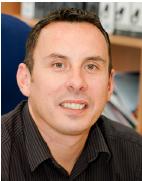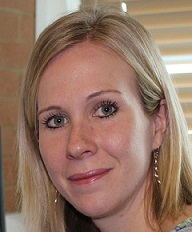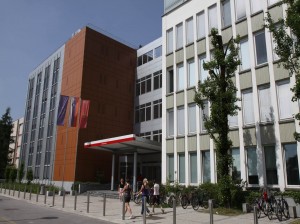
In this extended blog post you’ll find details of lots of new and exciting developments in the world of public engagement and impact, including funding calls and opportuntities… As ever, if you are looking to develop public engagement and impact around your research, please contact Becca in the Research and Knowledge Exchange office on 01202 961206 or redwards@bournemouth.ac.uk. She can help you brainstorm ideas, develop funding proposals or point you in the direction of further help. If you have any information that you would like to share, email Becca and she will include it in her round-up of information.
BU public engagement in action
- Check out Dr Sarah Bate discussing her research into prosopagnosia at last week’s Cafe Scientifique. You can see her talk here and watch the discussion section here. Next month’s talk is ‘Keeping Upright: the role of our perception of vertical’ by Dr Sharon Docherty.
Festival of Learning
- The full Festival of Learning website, including the on-line programme is due to go live on 1st April. You can expect to wide a very wide range of marketing activities going live across April and May.
- Do you want to talk to people about the Festival of Learning? Could you spread the word using our printed marketing materials? If so, please contact Becca and she will ensure that you receive Festival leaflets or programmes for distribution.
- Event organisers can expect to receive shortly a detailed marketing update and an event check-list. If in the meantime, you have any queries, please do not hesitate to contact Becca or Naomi in the Festival team.
Opportunities
- The AHRC have called for expressions of interest for researcher participation for a AHRC/BBC workshop on Scottish, Historical, Cultural and Artistic Identify. To learn more, click here
- Could you write a short article about your research that would be suitable for publication in the Guardian or the Observer? Enter to become part of the next generation of science writers, via the Wellcome Trust Science Writing Prize in association with the Guardian and the Observer.
- The Science in Public Conference 2013, has a call for papers here -the keynote speaker is Prof Harry Collins from Cardiff University.
- The Impact Awards are currently open for nominations. Categories include: Business Impact – Achieved, Business Impact – Aspiring, Collaborative Impact, KT Professional of the Year
- The Royal Geographical Society is running a range of training workshops which could be very useful for public engagement activities, including off-site safety management training and camera trapping
- DECC is looking for tenders to develop a public engagement planning brief for the British Energy Challenge. Full details can be found here
Funding
- NERC Knowledge Exchange projects call, closing date for expressions of interest 26th March. Details can be found here
- ESRC Retail Knowledge Exchange opportunities. Deadline is 30th April. More details can be found here
- For details of both the People and Society Awards from the Wellcome Trust, please click here
- The Institute of Physics, is offering up to £1500 for Public Engagement Grants. For more details, click here
- Royal Society Industry fellowships. Closing date 5th April. Full details can be found here
Interesting things to read and watch
- The British Science Festival’s latest science news digest can be found here – learn about future plans to visit Mars…
- Pat Loria has written a thought provoking piece on the need to implement centralised impact management systems, published on the LSE Impact of Social Sciences blog, which you can find here
Public engagement activities outside of BU
- The Wellcome trust has detailed science and medicine themed events (funded through their public engagement awards) here – learn more about fascinating activities including Doctors, Dissection and Resurrection Men and Food For All Seasons.
- Cambridge Science Festival and Oxfordshire Science Festival are both in full flow!





 For many staying out of harm’s way is a matter of locking doors and windows and avoiding dangerous places, people and situations; however for some vulnerable people it is not quite so easy. The threat of abuse is behind those closed doors, well hidden from public view and for those living in the midst of adult abuse violence and fear permeates many aspects of their lives, frequently perpetrated against them by those charged with providing their care.
For many staying out of harm’s way is a matter of locking doors and windows and avoiding dangerous places, people and situations; however for some vulnerable people it is not quite so easy. The threat of abuse is behind those closed doors, well hidden from public view and for those living in the midst of adult abuse violence and fear permeates many aspects of their lives, frequently perpetrated against them by those charged with providing their care.
















 April’s Café Scientifique – Should we help machines understand and respond to our emotions?
April’s Café Scientifique – Should we help machines understand and respond to our emotions? Postgraduate Research Experience Survey (PRES) 2024 – 2 WEEKS LEFT
Postgraduate Research Experience Survey (PRES) 2024 – 2 WEEKS LEFT Working with The Conversation: online training session – Wednesday 8th May
Working with The Conversation: online training session – Wednesday 8th May Apply for up to £1,000 to deliver an event and take part in a national festival of public engagement with research
Apply for up to £1,000 to deliver an event and take part in a national festival of public engagement with research MSCA Postdoctoral Fellowships 2024
MSCA Postdoctoral Fellowships 2024 Horizon Europe News – December 2023
Horizon Europe News – December 2023